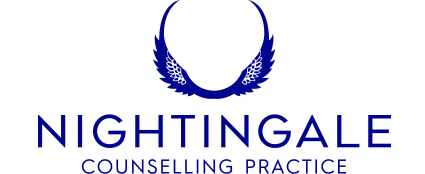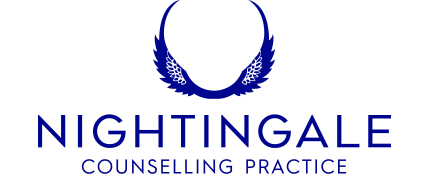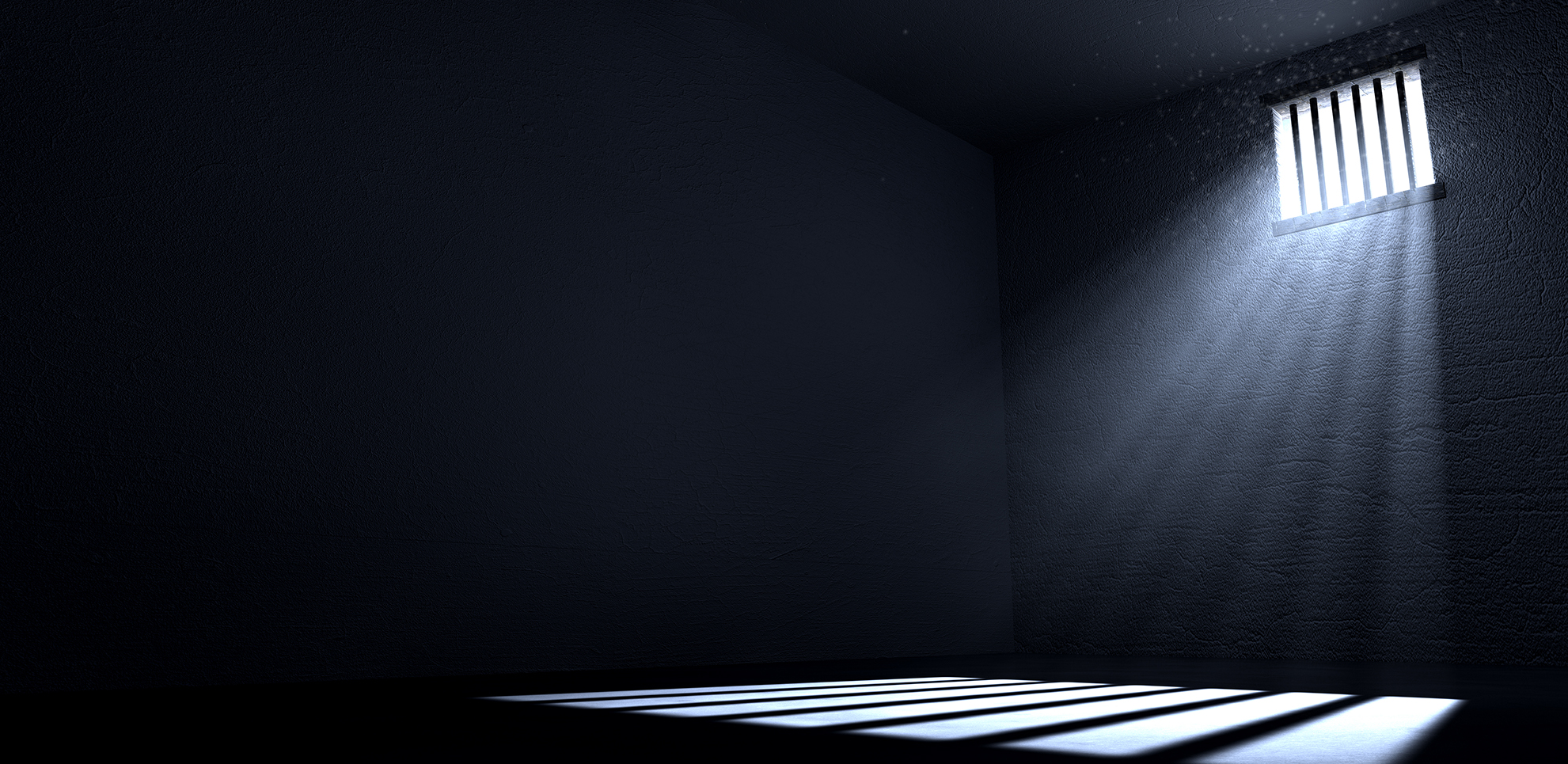It’s mental health awareness week so let’s focus on one of the most common illnesses out there, depression. Considering 1 in 4 of us living in the UK will be affected by depression at some point in our lives, we should be clear on what’s fact and what’s fiction, right? However, it seems depression still comes with an alarming level of misinformation. I want to take some time to dispel some of the most common myths.
1. Depression makes you weak
Let’s start with the big one. We all know we Brits value a stiff upper lip. I mean, a few years ago you couldn’t even walk down the high street without seeing ‘Keep Calm and Carry On’ emblazoned on just about everything. It feels like breaking the law to answer, ‘How are you?’ without either a ‘mustn’t grumble’ or ‘I’m fine’. Well, what happens when you are not fine? There is a myth that depression is a sign of poor character, that somehow you do not have the mental fortitude to deal with everyday life and you just need to pull yourself up by your bootstraps and stop moaning. Wrong. Depression simply means your brain is not functioning the way it should be. Nothing more and nothing less. Depression is an illness just like any other and you wouldn’t dream of looking at someone with cancer and thinking it was a sign of personal failure (and if you do I strongly advise you to get professional help). So why is mental health any different?
This myth is not only totally untrue it’s also dangerous. Suicide is the leading cause of death for men under 35 in this country. In fact, three out of four instances of death from suicide are male. How many of them may have been prevented if we did not install in young boys that crying was for girls and that talking about your feelings is a weakness? By stigmatizing mental health, we are only preventing those we love from feeling like they can get the help they need.
2. I need a reason to be depressed
Sometimes an event in our lives can trigger depression. Perhaps we have experienced the loss of a loved one or are going through a divorce or money troubles. If we have what is called ‘reactive depression’, it means that the depression was probably triggered by an outside event in our lives. However, for some of us, there is no reason whatsoever to be depressed. We may even have all the reasons in the world to not be depressed. Maybe we just landed the dream job, or relationship. So why do we find ourselves feeling depressed? It can be a lot of reasons, from genetics to a chemical imbalance in our brains. You may even get depression from simply not getting enough sunlight in the winter months. So no, there does not need to be a reason to have depression, sometimes there is, but sometimes we’re just unlucky.
3. Depressed people just need to cheer up
Ah, that old chestnut. Telling someone with depression to just cheer up is as effective as saying to someone with a broken leg; “have you tried not having it be broken anymore?” A lot of us may think depression just means being very sad and the solution is to look on the bright side. Be happy. You have so much to live for.
People who are depressed are not attention seekers who are choosing to be miserable, like teenage me when I discovered French cinema and black turtlenecks (no one understood me, okay!). They are suffering from an illness where feelings of emptiness and worthlessness are common side effects. If the solution was as simple as being happy wouldn’t they have already tried it? If the solution was as simple as chucking on whatever we find funny on Netflix, why did mental health cost NHS England £12.2 billion in 2018?
4. I am not suicidal, can I still be depressed?
Depression comes in many different shapes and sizes. From the kind of depression we experience to the severity, there is no one-size-fits-all. Depression can be very mild to very extreme. Don’t feel that just because you are not experiencing severe symptoms you don’t have depression. Depression can be very mild. Even if it just a slight but persistent low mood If it is impacting the quality of your life it is worth getting checked out.
5. Anti-depressants either make you a zombie or happy for no reason
Anti-depressants are there to help you, in the same way you take paracetamol for a headache. They are not a magic bullet, they simply give us a baseline to work from by restoring the missing serotonin in your brain. They don’t turn you into an emotionless robot that robs you of all feelings, or a grinning creature that is bouncing off the walls. Having said that, there are many different types of anti-depressants out there and it might take you a while to find the right one for you. Just because one kind didn’t work does not mean none of them will. Side effects are common and it’s about trying to find the right fit for you. It is also common to feel worse when you first start taking them, but this should only last two weeks.
If your depression is very mild you may not feel a need to take antidepressants, for some cases exercise, therapy, better sleep and changes in diet are enough to get us through but remember they are just another helping hand.
Am I depressed?
Now we have talked about what depression isn’t, let’s talk about what it is. Put simply depression is a common mood disorder that can leave us experiencing low mood and low self-esteem. Read the checklist below, if you or a loved one have been experiencing one or more of these symptoms for two weeks or longer its time to take action. First step, make an appointment with your GP and then seek out a therapist.
• Feeling of unhappiness, worthlessness or shame.
• Lack of enjoyment in things you used to love.
• Low mood, stress or anxiety.
• Feeling constantly tired.
• Lack of appetite.
• Lack of sex drive.
• Thoughts of suicide.
• Thinking everything would be easier if you weren’t around.
• Irritability.
• Lack of motivation.
Don’t suffer in silence lift the phone today. Please get in contact with the Nightingale Counselling team by either using our Contact Page or call us on 0141 353 9373.
We’re here to help!
Caroline Hammersley
Associate Couple Counsellor
Nightingale Marriage Counselling


